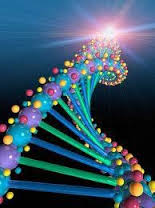The slow thing, represented by drawn-out sounds, is in the center of the atom. That’s surrounded by faster-than-light particles, represented by the real fast sounds. The center of this thing–whatever it is–is massive in terms of mass. I don’t know whether this means it’s heavy or not, but it’s tremendous in terms of mass–though it may be very small in size.
Everything is conscious, of course. Atoms and molecules, the whole thing. The massive part is the core. This core is, I believe, not discovered yet [by physicists], and it’s so slow to us that no motions is apparent. I don’t know whether this is an atom or not. We can call it a dead hole. Its motion in our terms is so slow as not to be observable, but in terms of time it’s backward motion.
This core is always surrounded by these faster-than-light particles. This is a structure, but it does cause a pulling-in or wrinkling effect where it appears. There are many of these, I think, in our galaxy as well as others. Nothing can be drawn through the dead hole, though, as things can be drawn through the black hole, because of [the dead hole’s] literally impenetrable mass. Now as with atoms alone, and all other such structures, these also exist as sound. Black holes and white holes do also. The sounds are actually characteristics that act as cohesive, characteristics automatically given off. The slower center portions of the dead holes themselves move backward into beginnings becoming heavier and heavier.
In a way of speaking we could say these centers fall through space, but they really fall through the space of themselves. As they fall backward through themselves–the faster-than-light particles collapse in on top. The dead hole seems to swallow itself, with the real fast particles like a lid that gradually diminishes. From our point of view the hole is closed, say, once the faster-than-light particles follow the slower core backward into beginnings.
As the core goes backward–“in time,” however, it begins to accelerate. I don’t know how to put this. When it emerges in another universe, the faster-than-light particles have slowed down, and the core becomes faster than light. The dead hole is repeated in microscopic size. Before the emergence of the atom, as an analogy, we could say that the dead hole we’ve been talking about emerges as an atom in another universe. But it’s the stage before the appearance, or the stage from which an atom comes.
Speaking of the dead hole in a galaxy, say ours, it emerges in what would be to us an atom of fantastic size, but the same thing happens on a different scale as far as the creation of matter is concerned within our own system.
Sound is connected here also, and each one of these phenomena has consciousness that does express itself, and is aware of the stages through which it passes. In certain terms, dead holes connect past, present; also future. In practical terms they have to do with the seeming permanence of an object. They are the invisible portions of the atom. There are giant-sized atoms, as well as the ones we are familiar with.
Dead holes turn into live holes, where the motion and impetus, in our terms, would be toward the future. The core appears as matter-to-be.
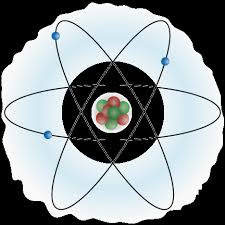





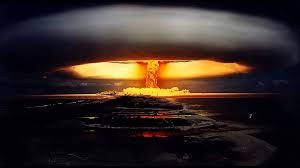


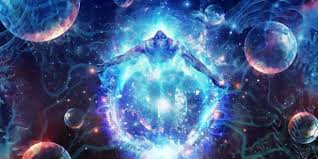

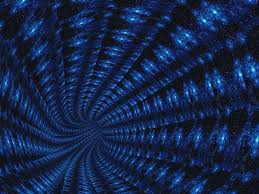


![As long as we think in terms off [subatomic] particles, and WAVES we are basically of track .](https://zzzesus.com/wp-content/uploads/2015/08/w1.jpg)






